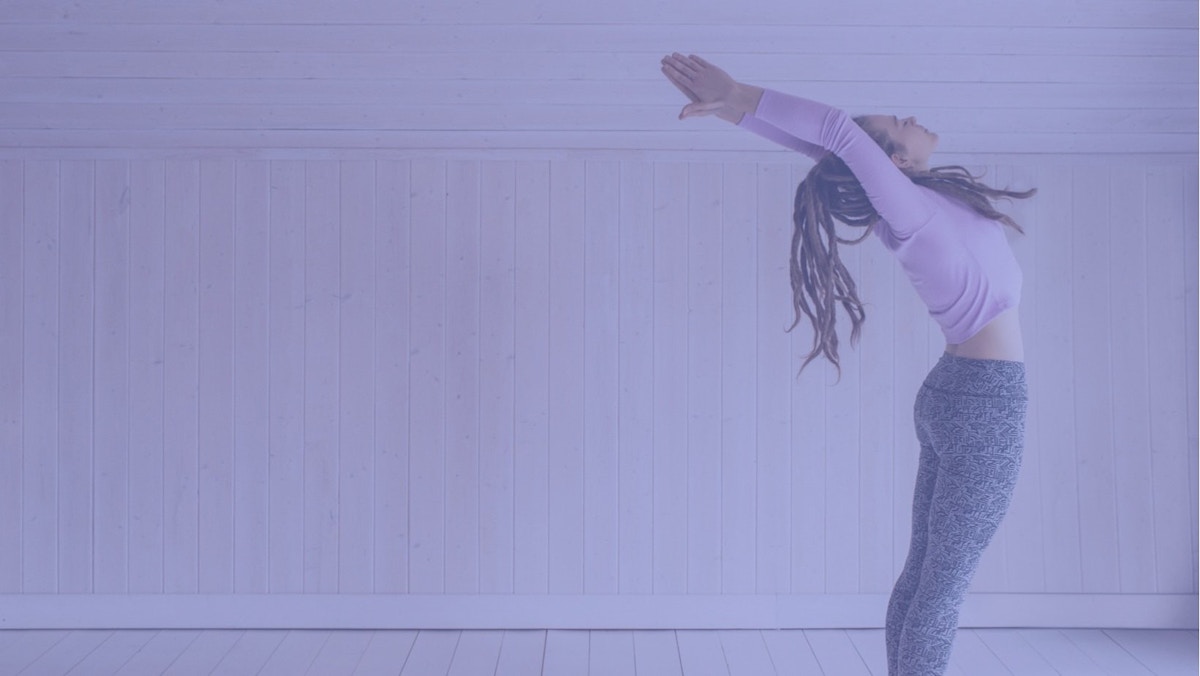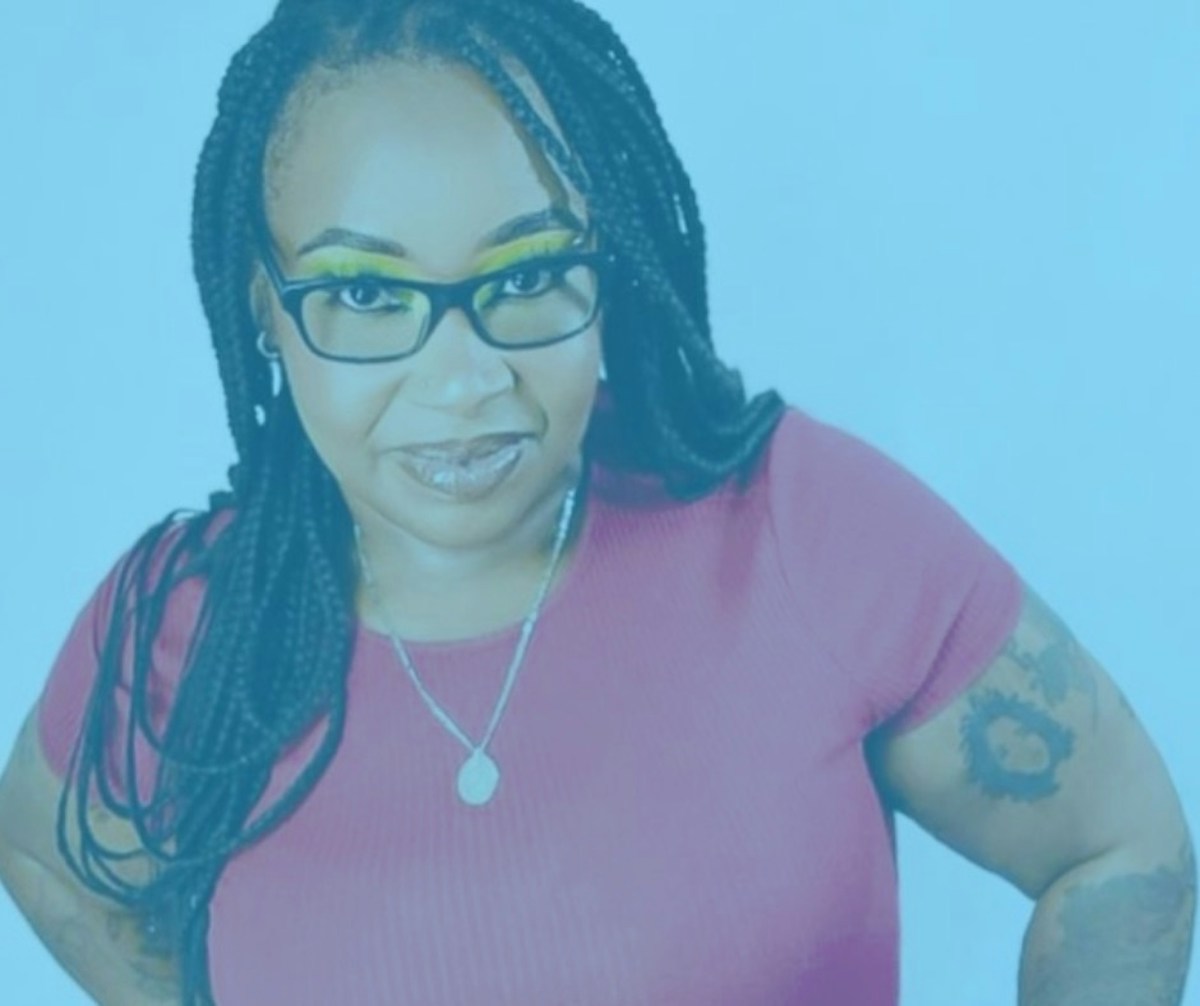I Am Sober is a free app that helps you get some control back in your life.

How to Build the Right Support System
Last Updated: Tue, January 23, 2024By: Anya Nicola
Good question, how?
Having a support system is crucial when you're on the road to recovery but even getting on the road to begin the trip is already tricky, right? Recovering from an addiction is a process that includes physical and mental withdrawal, long-term cravings, and lifestyle changes to help combat the original causes of your addiction and your addiction triggers.
Let's be honest if knowing how to build a support system was already common knowledge, a lot of us probably wouldn't have gotten caught up in the throes of addiction in the first place.
Getting Started
The first step should be to distinguish what types of assistance will benefit you in sobriety which will, of course, be more specific per individual; there is no one size fits all in that department. I'll share one of my favourites as an example; I love to walk. I can walk for hours on my own but isolation is not always helpful; when someone from my support network offers to walk with me, it feels like I won the lottery every time. Knowing what you need from your support system will only help strengthen it, no matter what it resembles. Take the time to build it, and it'll become essential to the foundation of your recovery.
Another step in building that foundation is learning to reach out to people who know and love you already. Sure, time and putting your recovery first might have created a distance, but you can repair and make that relationship even more significant if something valuable was there before.
Remember to lean on resources you might already have, reconnect with old friends (who respect your sobriety), revisit familiar places (that made you feel happy and safe) or check out a previous interest, i.e., picking up that old guitar and trying again. Speaking of interests, what are some of yours?
I ask this because part of building a support system should involve your interests. Whether you're a pro or a beginner who's always been curious about trying something, then embrace and go for it.
Do you like taking pictures? Try taking a photography class, see if it sticks. Do you like cycling? Join a local group of cyclists and ride with them. Are you shy? Yoga is a fantastic and positive way to meet new people.

Get Active and Find “Your People”
Get active, get involved and more importantly, get out of the house; by being involved with activities outside your home that are irrelevant to what you're recovering from, you're learning that life in recovery doesn't have to be boring and lonely. Find like-minded individuals and socialize with them; don't underestimate the power of sharing your healthy coping mechanisms with others. You don't need to become BFFs for these types of connections to be still very beneficial in strengthening your support system. Group settings that help you in sobriety don't have to be limited to only a 12-step meeting environment.
Keep an open mind, and don't let the fear of being vulnerable hold you back; building a proper support system means you'll have to be transparent about how you feel or what you need. Although that can be very distressing, don't let it hold you back. If transparency is a struggle, consider adding a therapist or counselling professional to your support squad and don't be ashamed if you need to because you're not alone. Always remember that the key objective here is to put your recovery first by any means necessary.
Learning to be social during recovery is essential in avoiding relapse, but that only works if the network you're building is positive. You will need to be acutely vigilant in all of your relationships; if they start to provide any negative obstacles to your journey (even if they THINK they mean well), you're responsible for removing them. Make your boundaries and stick to them; if a relationship becomes triggering, be prudent because your recovery is too valuable to take any chances.
Try Something New
Practicing mindfulness will help keep you more aware, even if you're not the meditation type. Once you stay present about the people, places, or things surrounding you, you'll see when it becomes no longer supportive and act accordingly. You may make new life-altering connections; you may have to distance yourself from or end relationships that once seemed never-ending.
Your support community doesn't need to be overwhelming either; if it only included people you knew through a 12 Step Program, don't think that's not cool too because you can't do this alone THAT'S THE IMPORTANT THING ALWAYS TO REMEMBER -you can't do this alone.
Who better to understand what you're going through in recovery than another person active in sobriety. Especially if you're a newcomer, getting a sponsor is another great way to receive support while staying connected. Meeting new people through a 12 step program or addiction type support groups is a vast way to start and maintain your support system.
Also, checking out other support groups that help in different areas of your life is just as beneficial if not a necessity. Whether you're combating grief, struggling as a parent or battling with mental illness, getting support from other groups for another part of your life will support your recovery too.
Build A Routine
Creating a nice balanced routine involving family, friends, career and professional organizations would be ideal but being the leader of your recovery means that you get to be in charge of what that looks like as long as it provides positive reinforcements to your sobriety.
Take the time you need to build it; slow down if needed and pick back up the pace when you're ready; continue to make adjustments when necessary because being active in your recovery is an ever-evolving job.
Recovery Support Ideas
12 Step Meetings
Call your sponsor
Yoga
Meditation
Reading
Writing
Focus on your spirituality
Walking
Knitting (Don't laugh it's another of my favorites)
Express your feelings
Ask for help
Exercise
Eat and sleep well
Avoid slippery places, people and things
Balance and structure
FUN

By: Anya Nicola
I Am Sober is a free app that helps you get some control back in your life.



